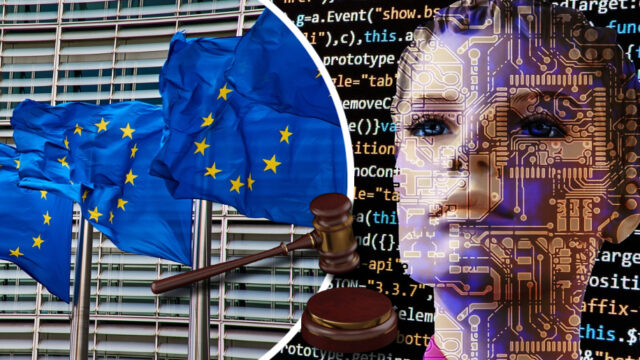Artificial Intelligence Regulations Begin in Europe

By Ginny Dunn
The European Union has become the first major regulator to propose a law on artificial intelligence. A main legislative branch of the European Union, The European Parliament, passed a draft law known as the AI Act. This law places applications of AI into three different risk categories. The first risk category, unacceptable risk, includes any government-run social scoring.
These types of AI are banned. Secondly, there are high-risk applications that include CV-scanning tools that rank job applicants. These are subject to specific legal requirements. The AI applications that are unlisted or not specifically banned are unregulated. The goal of The AI Act is to determine the extent that AI has a positive rather than negative effect on our life. These steps by the European Union could set a potential model for policymakers around the world. Although the process has started, a final version of the law is not expected to pass until later this year.
Europe is more advanced than any other governments in the regulation of AI. The discussion for the European Union began nearly two years ago but took on new urgency after the release of ChatGPT in 2022. The release of ChatGPT increased concerns for technology’s effects on employment and society.
Now, all around the world policymakers are working to control the alarming technology that is still evolving. The United States has released policy ideas for the testing of AI systems prior to release to ensure protected privacy rights. China is working to require chatbot makers to adhere to the strict censorship rules. Beijing is working to control the way makers of A.I. systems use data.
It is unclear the effectiveness of any AI regulation. New AI abilities are emerging more rapidly than lawmakers are able to control them. This is forcing policymakers to reinvent law proposals as previous proposals did not pay much attention to generative AI systems.
That latest version of Europe’s bill requires generative AI. to face new transparency requirements. The creators of generative AI systems would also be required to place safeguards in order to prevent illegal content from being generated.
The main focus of the European bill is on applications that pose the greatest threat on human safety. This includes voting on the ban of live facial recognition. This however still leaves questions about the exemptions that should be allowed for law enforcement or nation security purposes.
